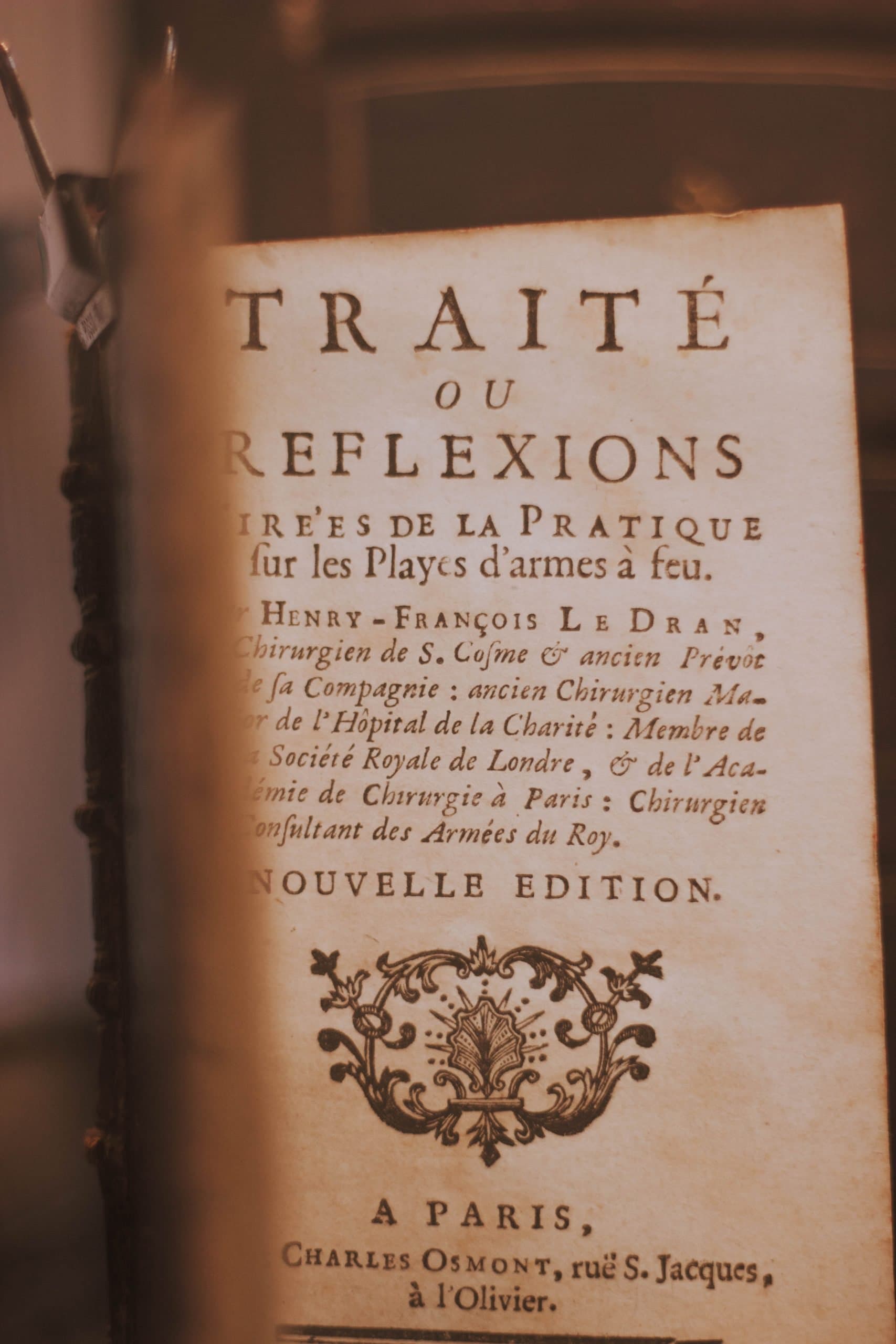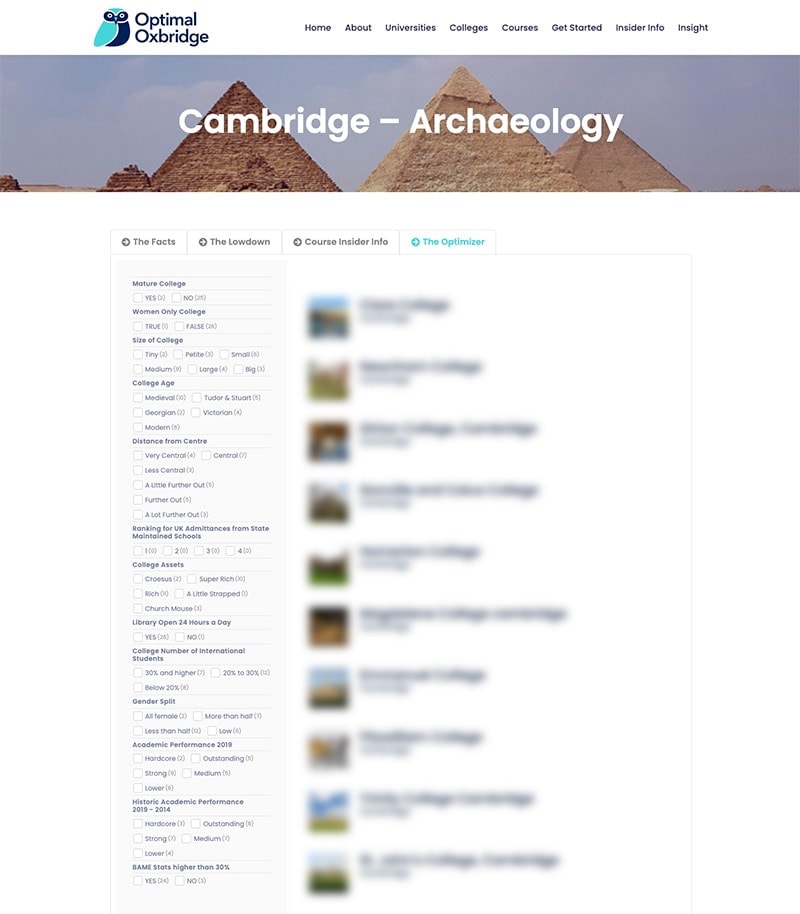Subscribe for full access to insider info and the optimizer.
Unlock access to the Optimizer and Insider Info
Let our optimizer help you find your college match faster. We’ll screen out the bad fits so that you can review the schools you’ll like best. Who knows? You might find a college you never knew existed.
The Facts
UCAS Code:
QQ38 (Course I, Classics and English), QQH8 (Course II, Classics II and English)
Standard Requirements:
A levels| AAA , As in Greek and Latin if applicable
IB | 39, 666 in HL (12 total points in Greek and Latin if applicable)
For other qualifications, check the Oxford University website.
Required Subjects:
Course I (Greek and/or Latin), Course I and II (English Language and Literature or English Literature)
Advisable Subjects:
None stated by the university.
None stated by the university.
Two essays (not commentaries to a short passage) - preferably one focused on English, the other on Classics. Submission deadline by 10th November 2022.
13 (91% interviewed, 34% successful)

The Lowdown
This joint honours degree gives students an in-depth understanding of classical culture and languages and how they have influenced English literature and language as we know them today.
There are two different pathways for Classics and English. Students who have studied an A Level or equivalent in Latin or Greek follow Course I, and students who have not previously studied either of these languages follow Course II, which is four years, as opposed to Course I’s three. The first year of Course II is a preliminary year, in which students who have not previously learnt a classical language have the choice to learn either Latin or Greek.
Following on from their preliminary year, Course II students follow the same course structure as those on Course I. Students sit exams at the end of their first proper year on the course: they can choose whether to focus on Latin and Greek, but besides this have no choice over their first year papers. In the next two years, there is much more flexibility, especially within the Classics side: students can choose to take papers in literature, ancient history, philosophy, and linguistics. Classics and English is a small subject with an average intake of just above 10 each year. It’s recently been studied by nine times as many women as men, the most female dominated course at Oxford.
A major part of this degree is comparative study, which students examine through ‘link papers’: there is a compulsory epic link paper, and students on this course choose one more out of comedy, tragedy, and classical reception. Classics and English graduates leave Oxford with a broad understanding of how literary genres have developed over the course of the centuries. In their final year, students write a dissertation on a topic of their choice under the supervision of an academic expert in the chosen field. The dissertation is examined by the English Faculty and therefore must have some focus on English Literature, although many students choose to incorporate elements from their classical studies.
A Level Latin or Greek (or equivalent) is mandatory only for Course I, and an A Level (or equivalent) in English Literature or English Language is essential for both courses.
Unlock Insider Info
Get insider intel about how to increase your chances of being offered a place, plus access interviews tips and special questions.
The Optimizer
Unlock access to the optimizer
Let our optimizer help you find your college match faster. We’ll screen out the bad fits so that you can review the schools you’ll like best. Who knows? You might find a college you never knew existed.

